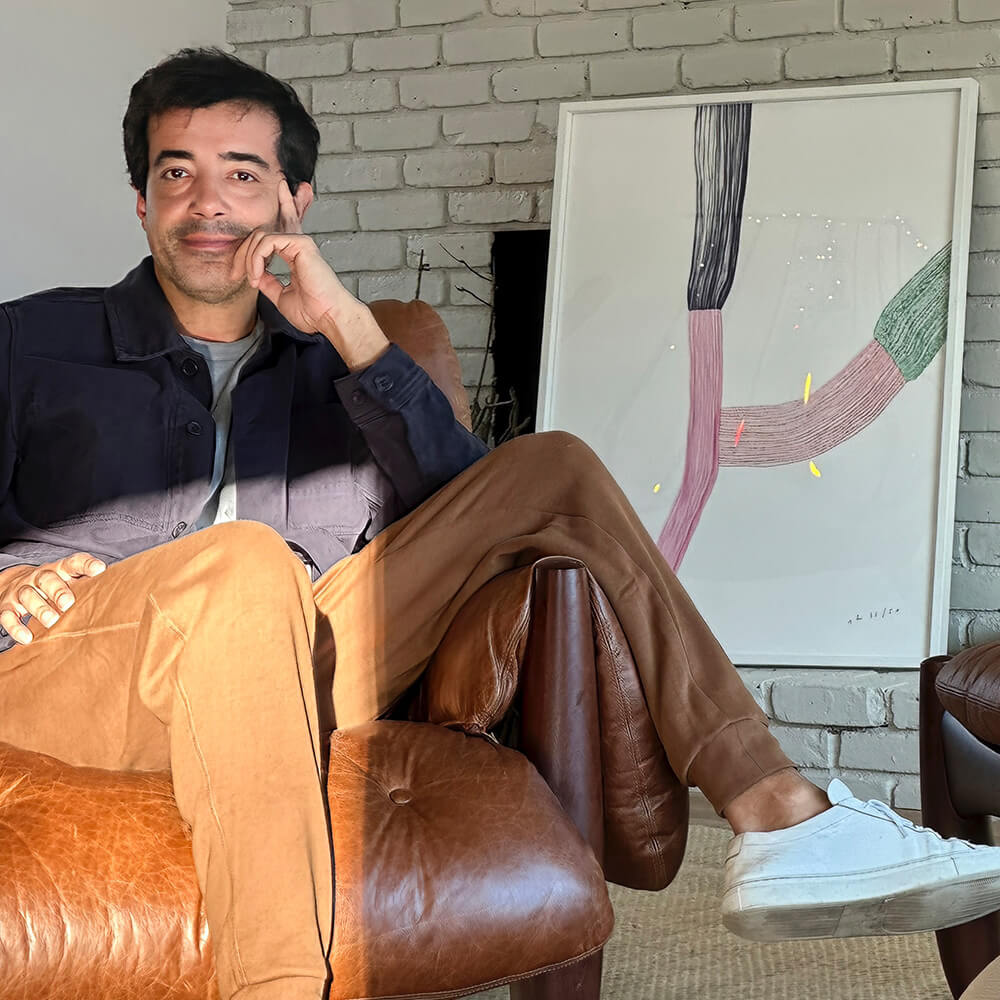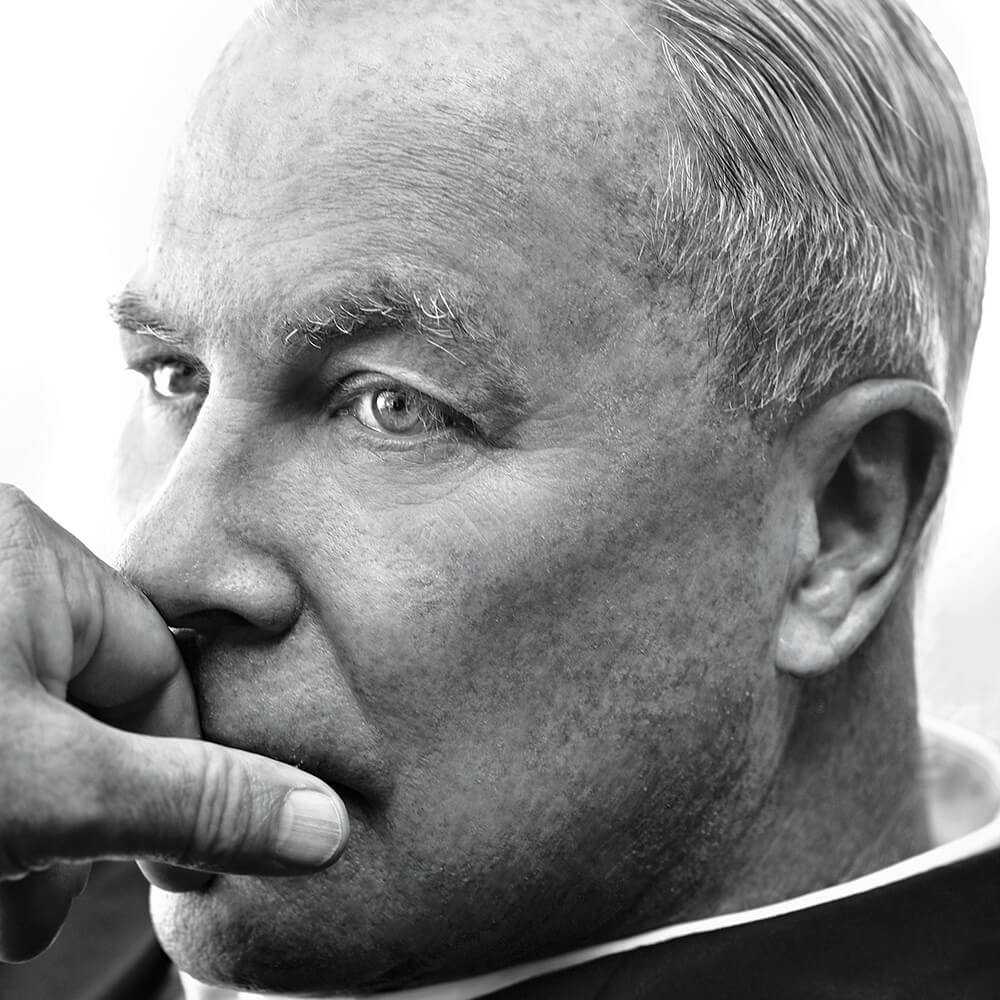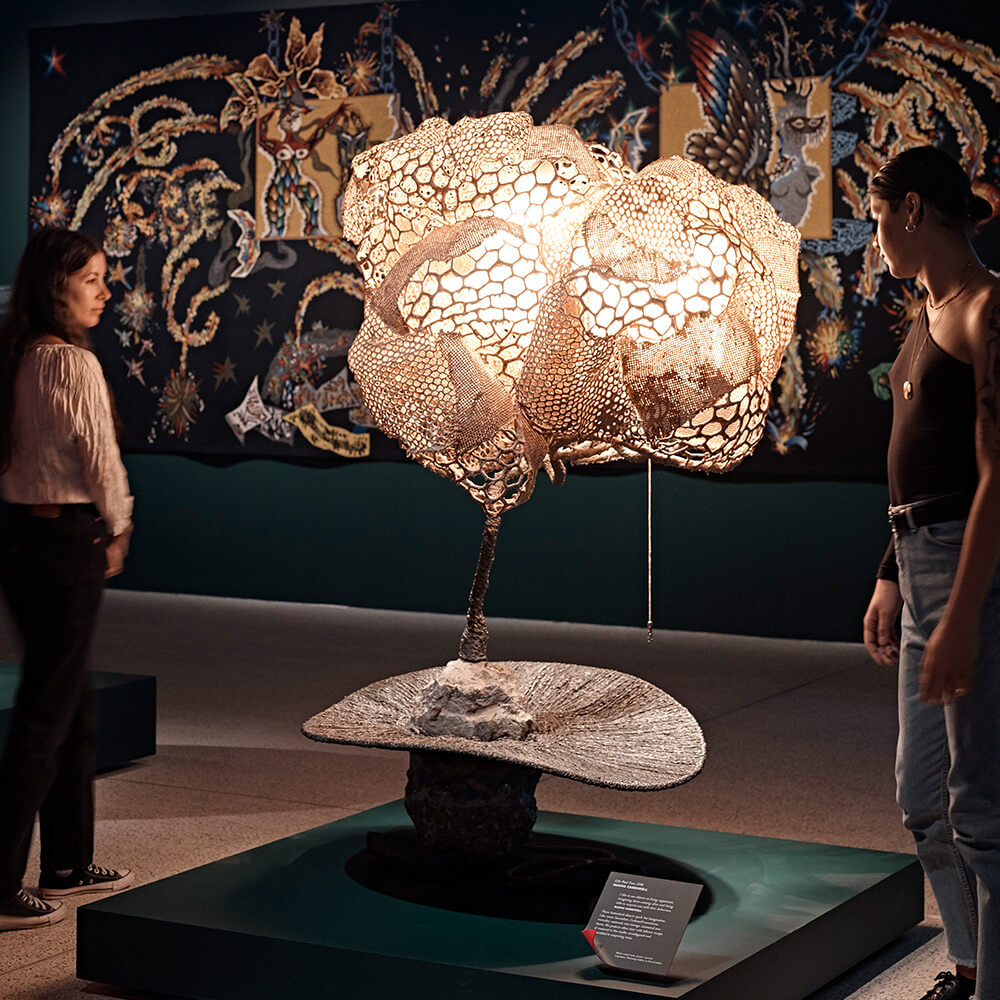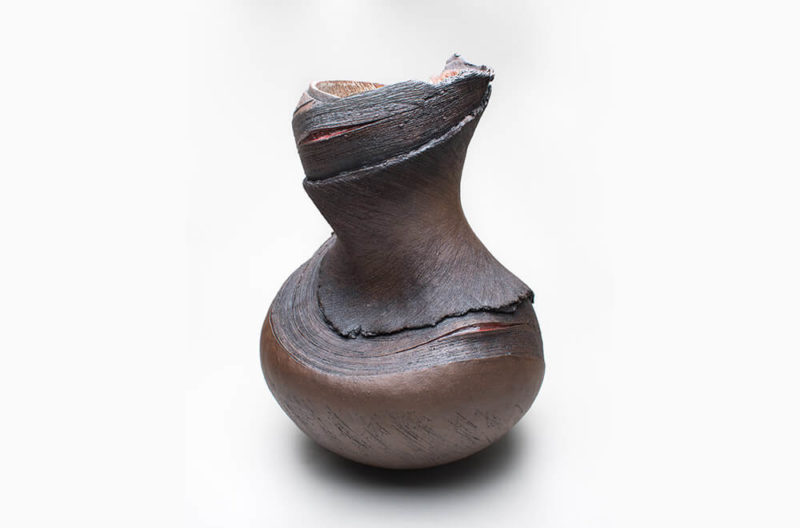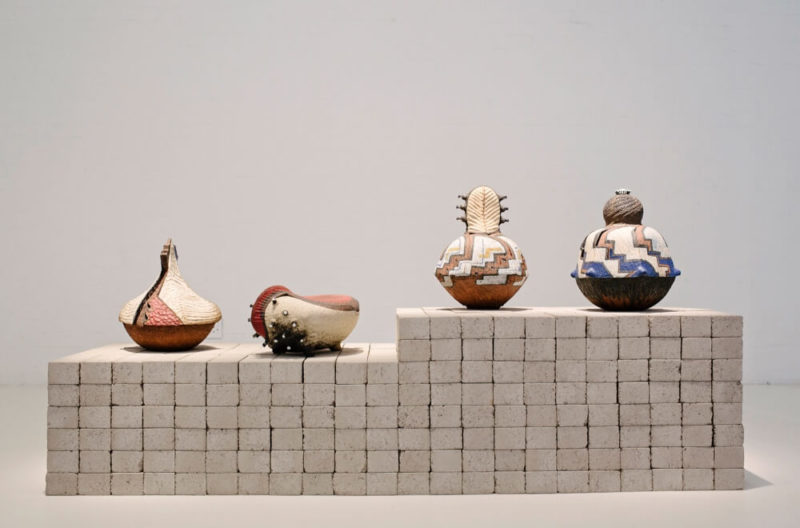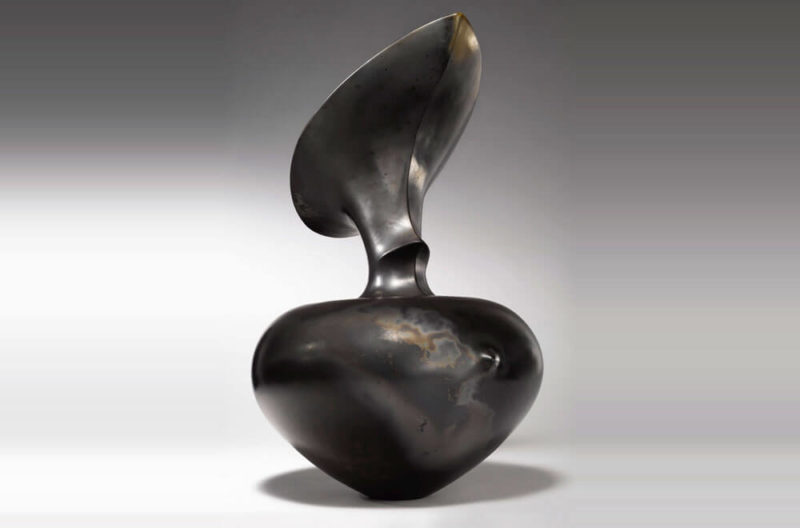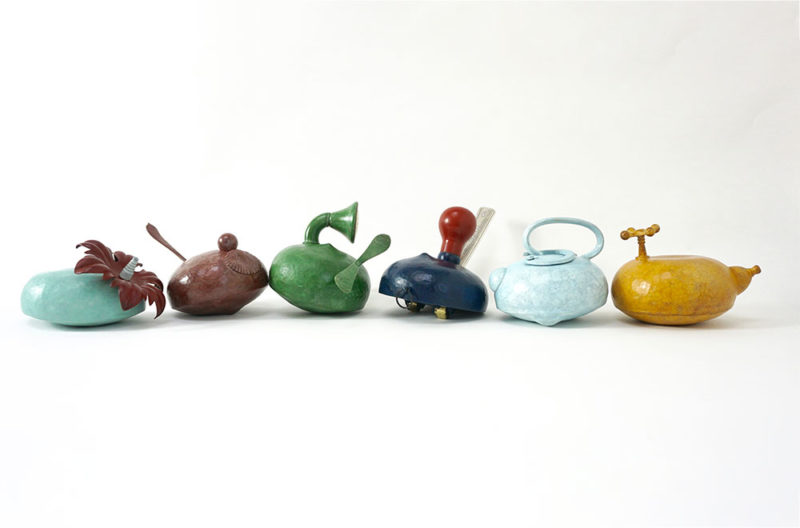Andile Dyalvane: iThongo
A collection of sculptural seats, the work of the South African ceramic artist, arrives in New York.
Friedman Benda, New York
29th April – 22nd May 2021
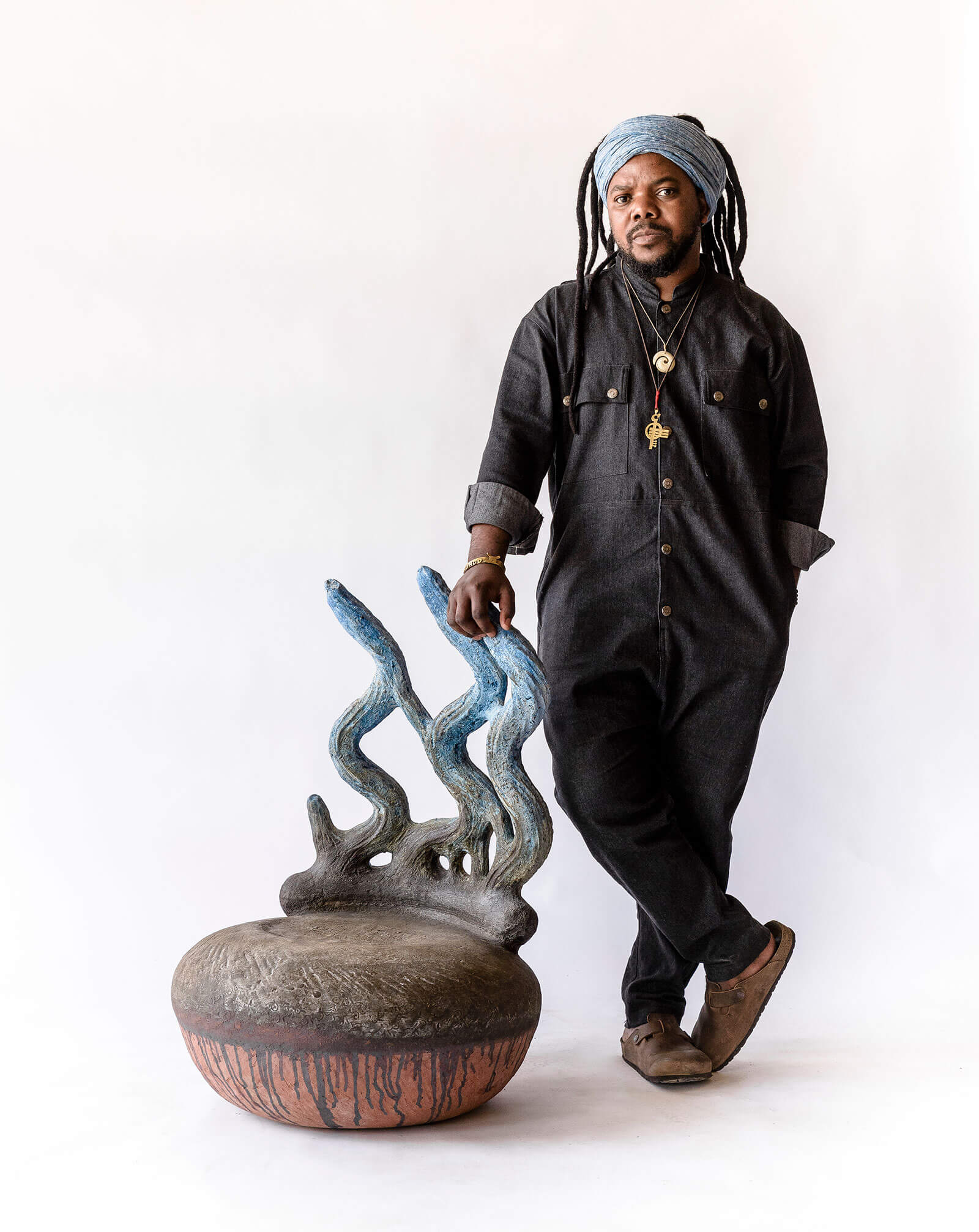
Andile Dyalvane
COURTESY: Friedman Benda, Southern Guild, and Andile Dyalvane / PHOTOGRAPH: Adriaan Louw
This week Friedman Benda Gallery opened ‘iThongo’, the gallery’s second solo-exhibition of work by South African artist Andile Dyalvane, in collaboration with Southern Guild.
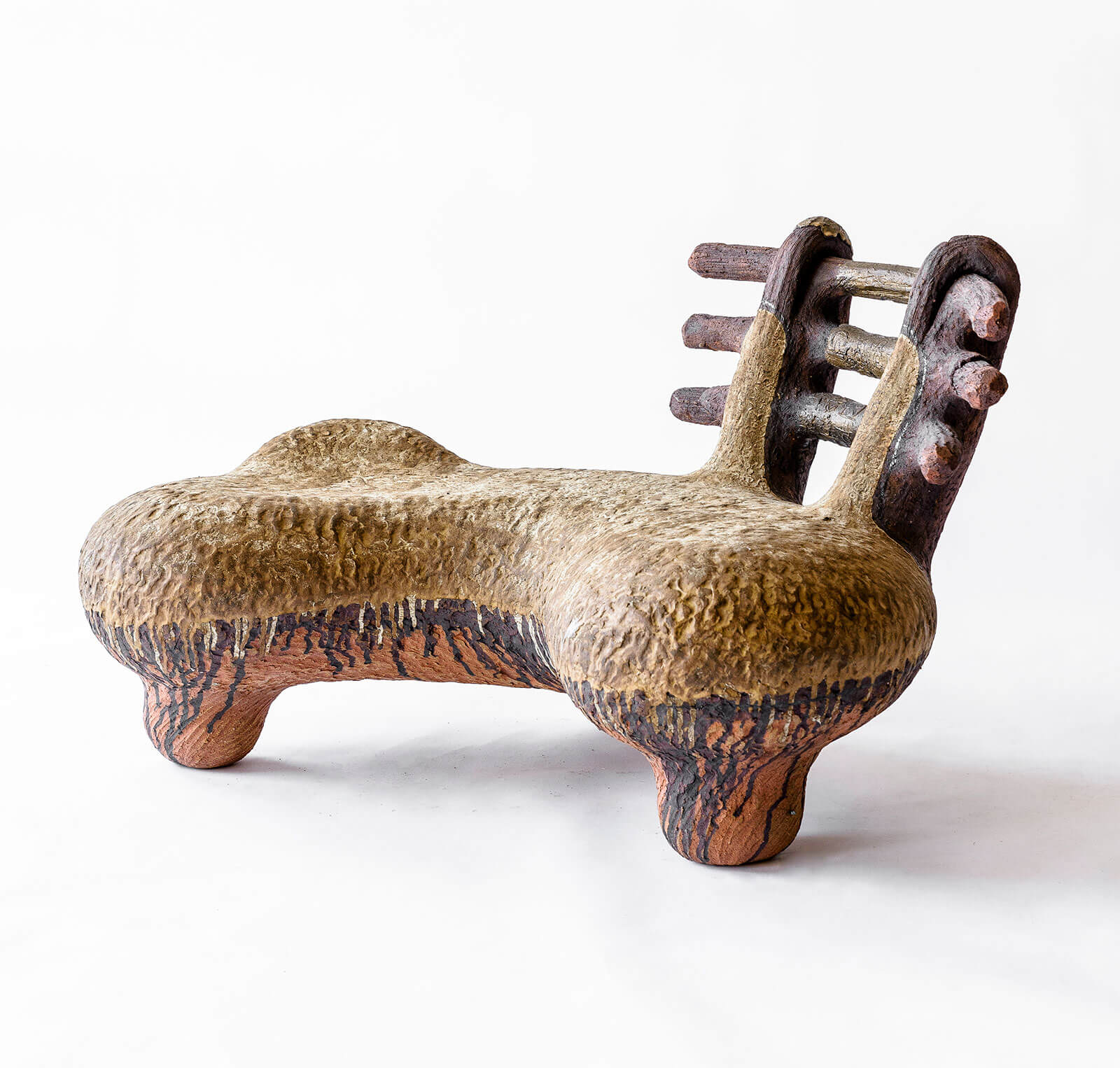
Andile Dyalvane, ‘uBuhlanti (Kraal)’, 2020
COURTESY: Friedman Benda, Southern Guild, and Andile Dyalvane / PHOTOGRAPH: Adriaan Louw
This impressive array of sculptural ceramic seating – the rounded, coil-formed bases hugging close to the ground while the intricate, carved backrests, each inspired by a different Xhosa pictogram, rise up to a metre high – is arranged in a circle, as if around a fire hearth, in the custom of Xhosa ceremonial gatherings.
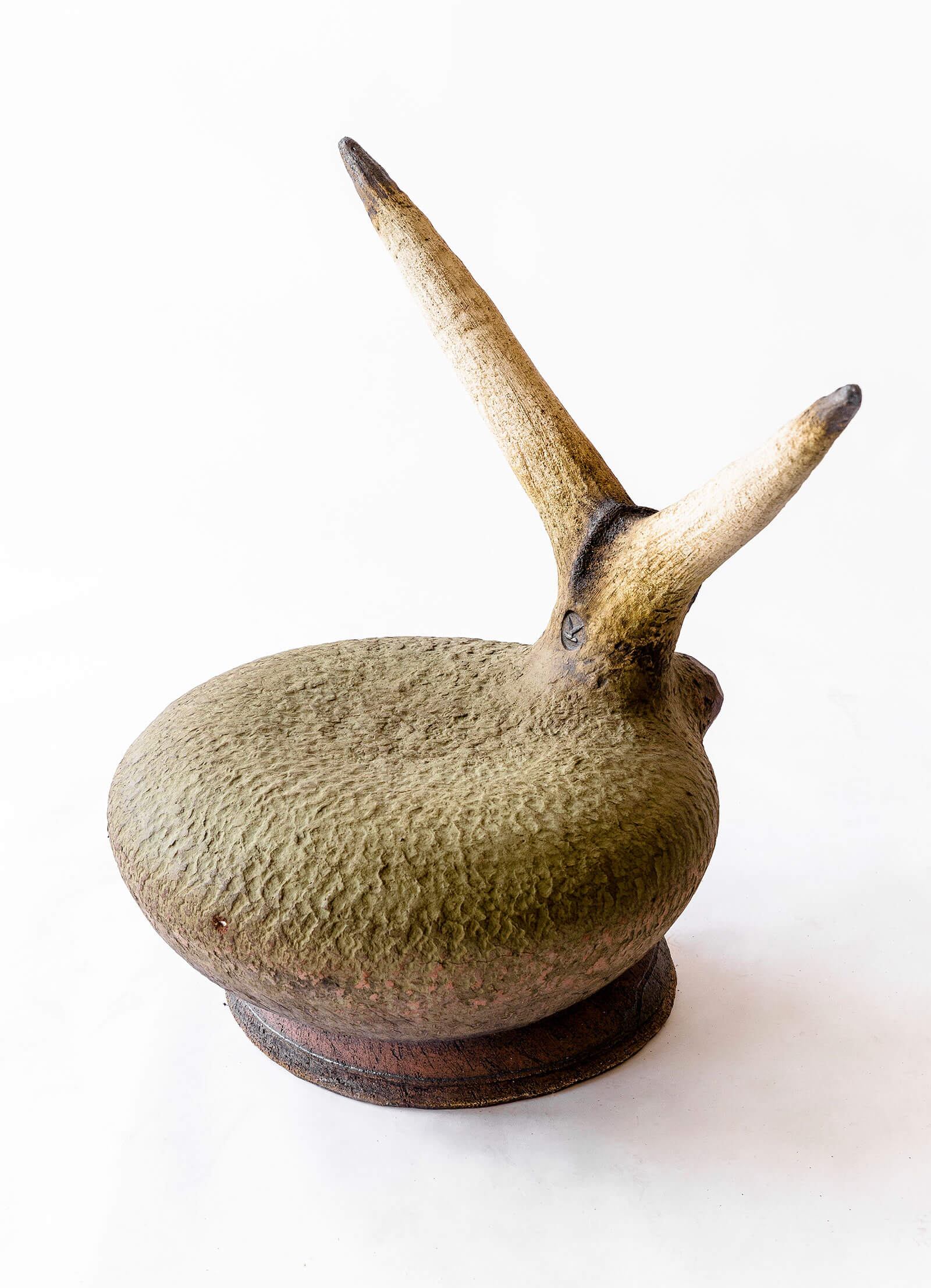
Andile Dyalvane, ‘uMnga (Acacia Tree)’, 2020
COURTESY: Friedman Benda, Southern Guild, and Andile Dyalvane / PHOTOGRAPH: Adriaan Louw
For this new body of work, startling in its technical achievement, is above all a homage to the artist’s ancestors and a powerful gesture of commitment to his own role as a communicator of inherited wisdom. As he explains in the catalogue produced to accompany the show, “My intentions with developing an extended body of work under the title ‘iThongo’ is to highlight a gathering of dreams, seated in the soul, held by the spirits of our ancestors. The language of dreams is symbolic and therefore realised as ‘uYalezo’, messages from our ancestral spirits.”
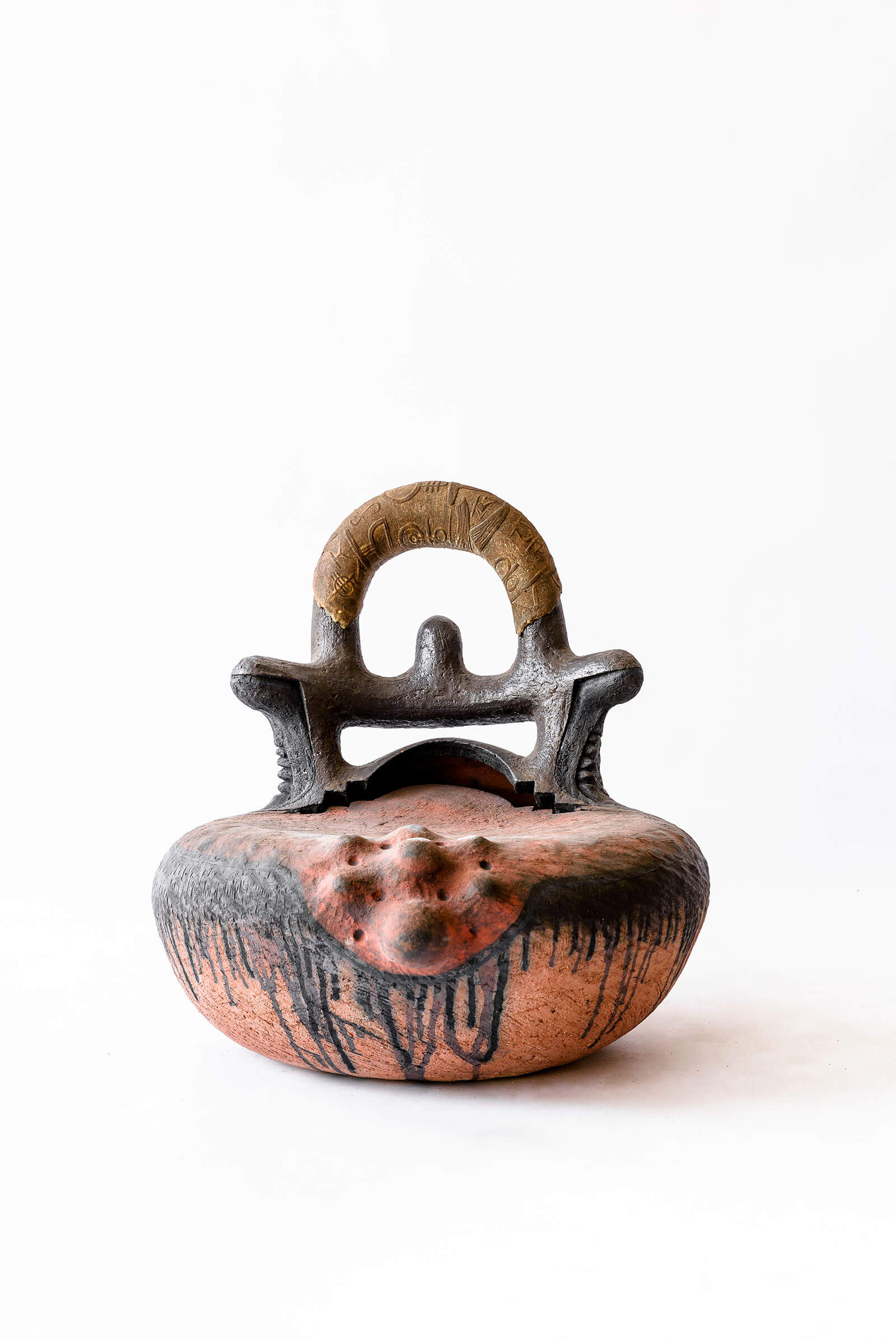
Andile Dyalvane, ‘iKhaya (Home)’, 2020
COURTESY: Friedman Benda, Southern Guild, and Andile Dyalvane / PHOTOGRAPH: Adriaan Louw
“The rounded, coil-formed bases hugging close to the ground … “
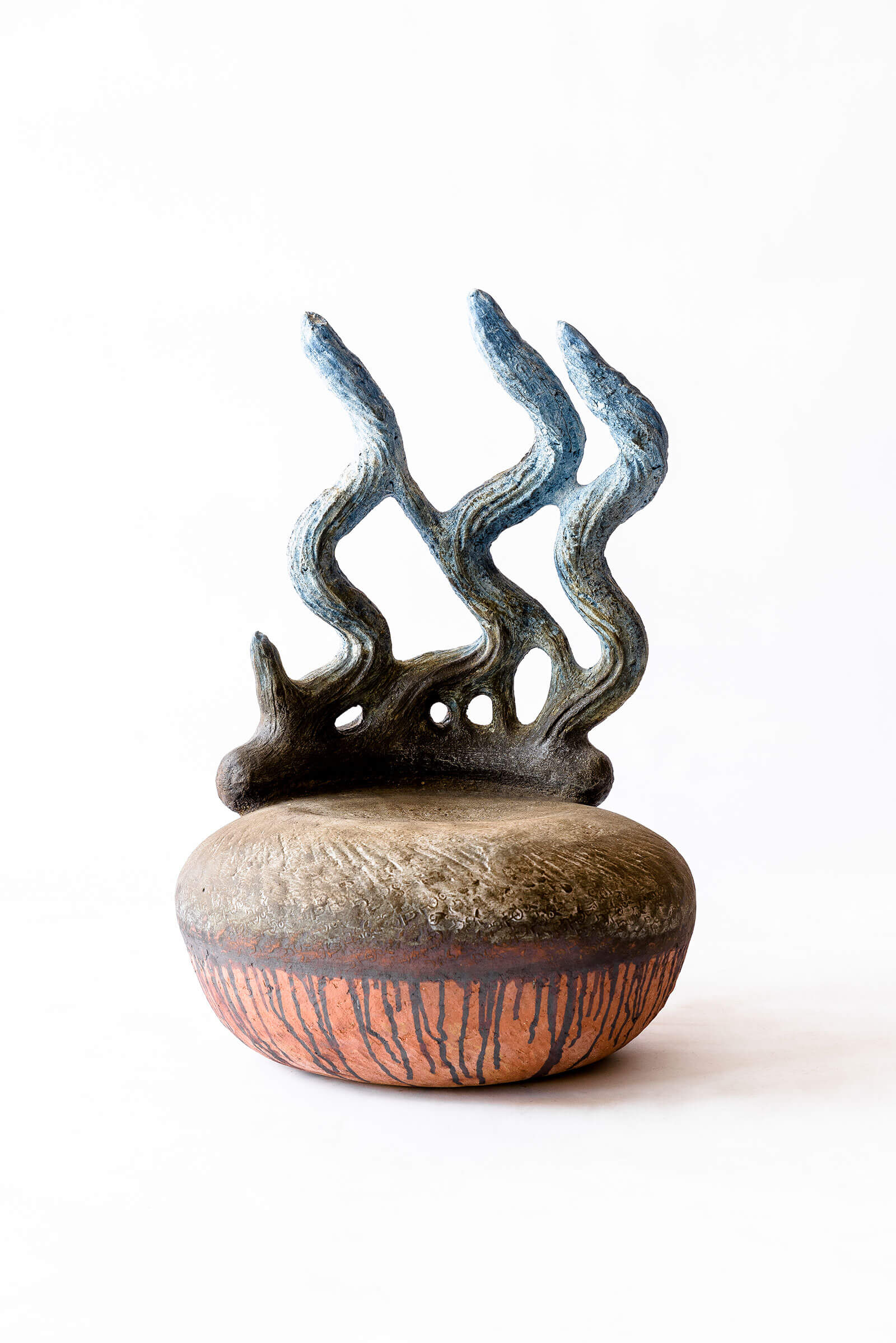
Andile Dyalvane, ‘iMpepho (Clary Sage)’, 2020
COURTESY: Friedman Benda, Southern Guild, and Andile Dyalvane / PHOTOGRAPH: Adriaan Louw
” … while the intricate, carved backrests rise up to a metre high”
Begun during lockdown in 2020, in Dyalvane’s small Cape Town apartment, last November, the collection of nineteen pieces travelled in its entirety to Dyalvane’s rural homestead in Ngobozana, Eastern Cape. Here his family and extended community viewed it, and the individual pieces were ritually cleansed with herbs. One seat, named ‘uMalusi’ (shepherd), was carried in procession across the valley and up the hill to the site of the old village, destroyed by the Apartheid regime in 1956. Here it was permanently installed on a cement plinth, overlooking ancestral burial grounds.
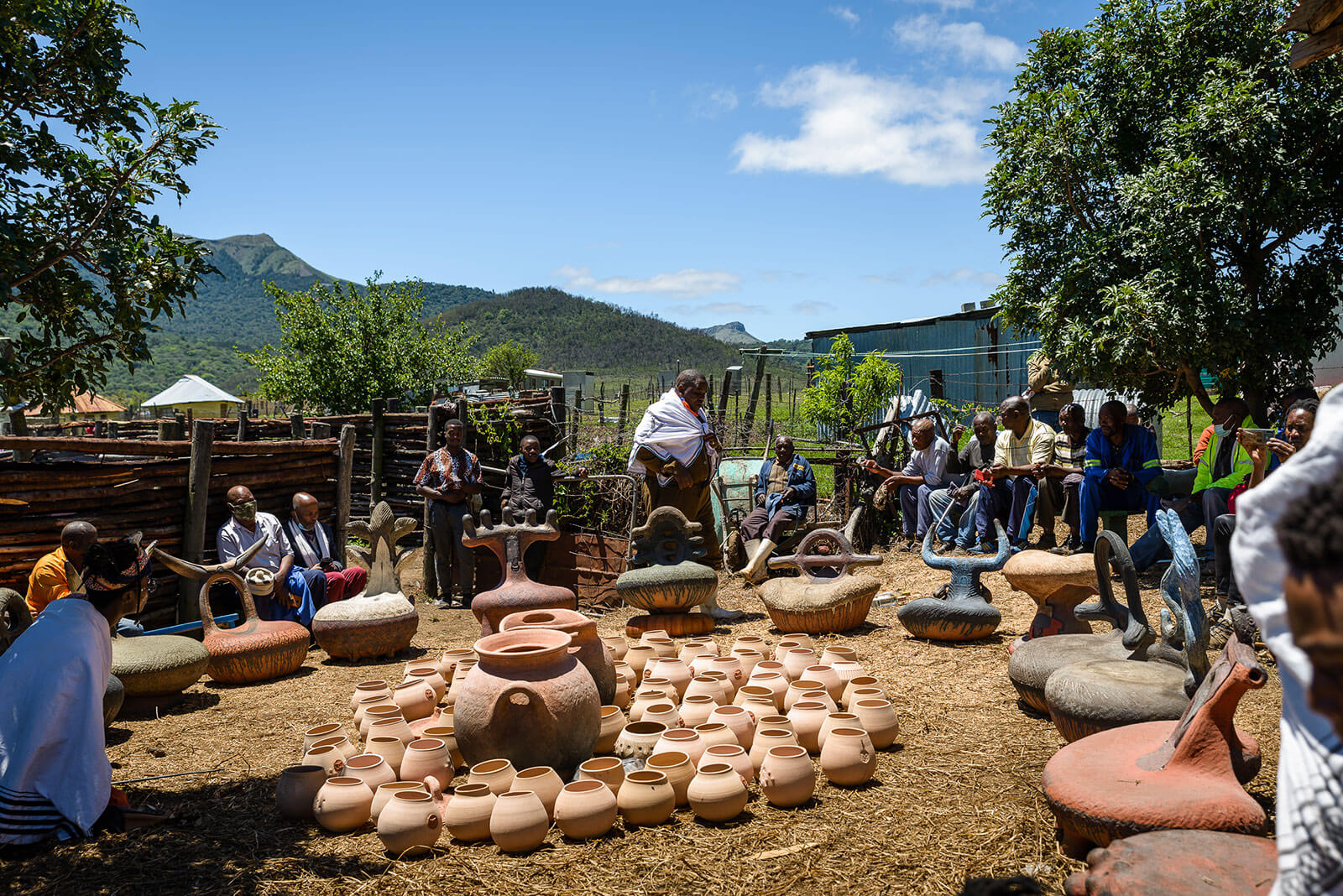
iThongo presented at Ngobozana, Eastern Cape
COURTESY: Friedman Benda, Southern Guild, and Andile Dyalvane / PHOTOGRAPH: Adriaan Louw
The role of these works as protagonists within an extended performance is supported by the series of interdisciplinary collaborations that Dyalvane initiated with other artists around the exhibition. Sound healer and musician Nkosenathi Ernie Koela has produced an immersive composition combining traditional instruments and sounds created by the artworks; Sisonke Papu, an Umtata-based poet, traditional healer and co-founder of the ISPILI Network in the Eastern Cape, has written about Dyalvane’s use of symbolism for the catalogue; and textile artist Onesimo Bam made a collection of garments for him to wear for the ceremonial presentation of his work to his village and to give to his elders.
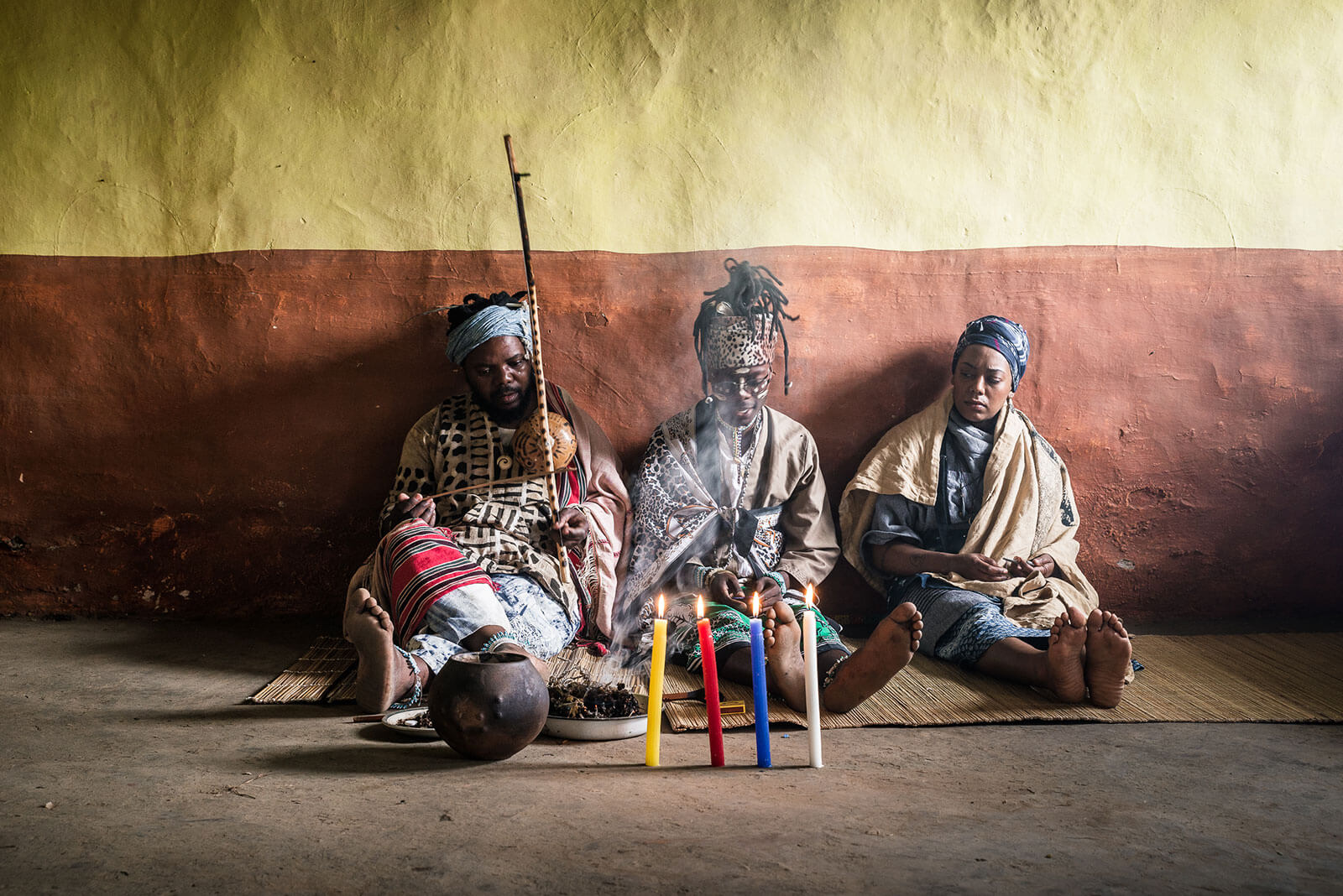
Andile Dyalvane during a ceremony at Ngobozana
COURTESY: Friedman Benda, Southern Guild, and Andile Dyalvane / PHOTOGRAPH: Adriaan Louw
But while these works and this exhibition resonate with Dyalvane’s intense feeling for home – “Ngobozana village is where the earth will receive me into her womb and where I dance with heart to a familiar drumbeat” – they also reach out to strangers. Shaped by hand from earth, their forms evoking the rondavels and kraals, the animals and landscapes of the Eastern Cape, these emblematic thrones with their embossed skins are also celebration and communication, carriers of dreamed wisdom to the world.
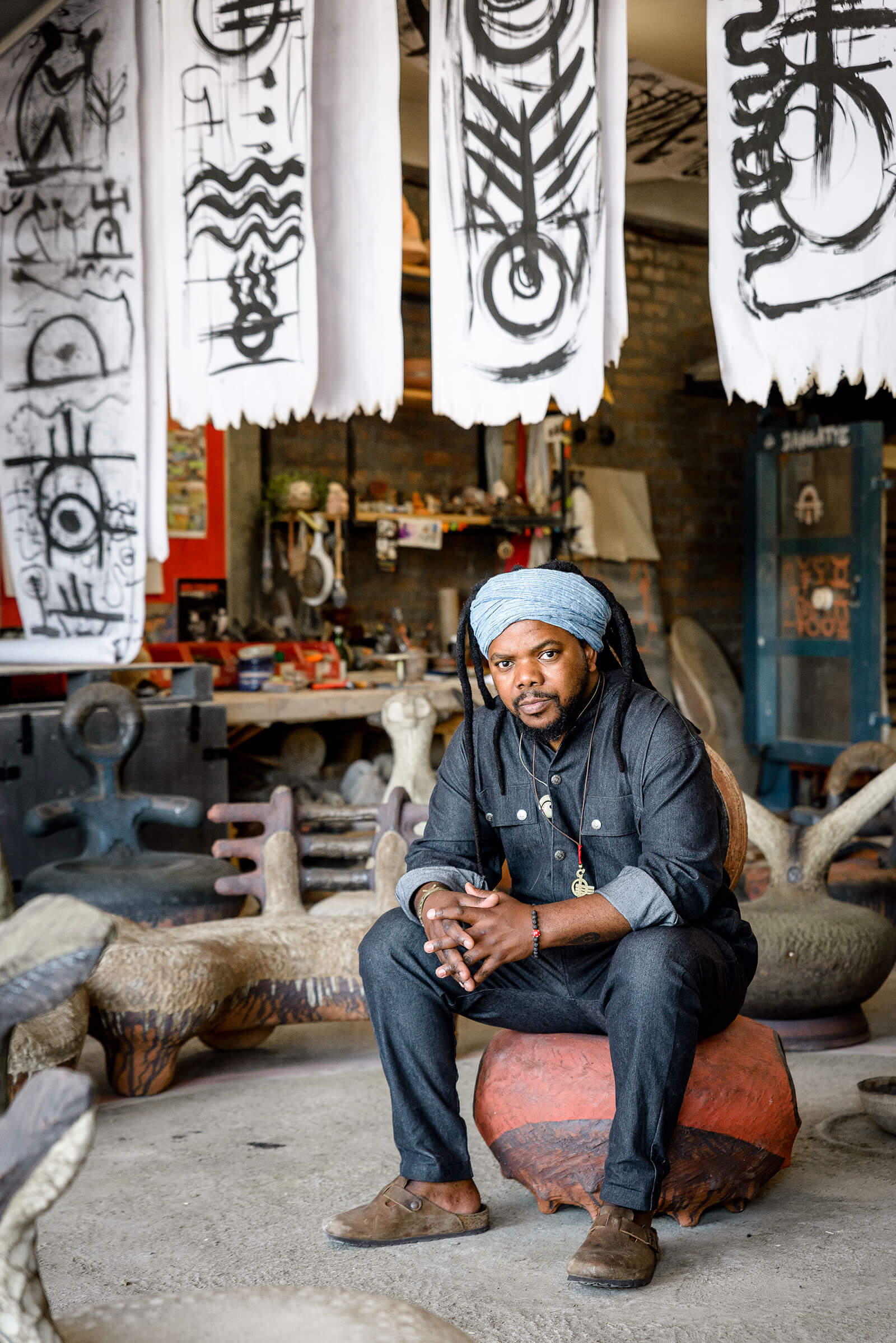
Andile Dyalvane
COURTESY: Friedman Benda, Southern Guild, and Andile Dyalvane / PHOTOGRAPH: Adriaan Louw

